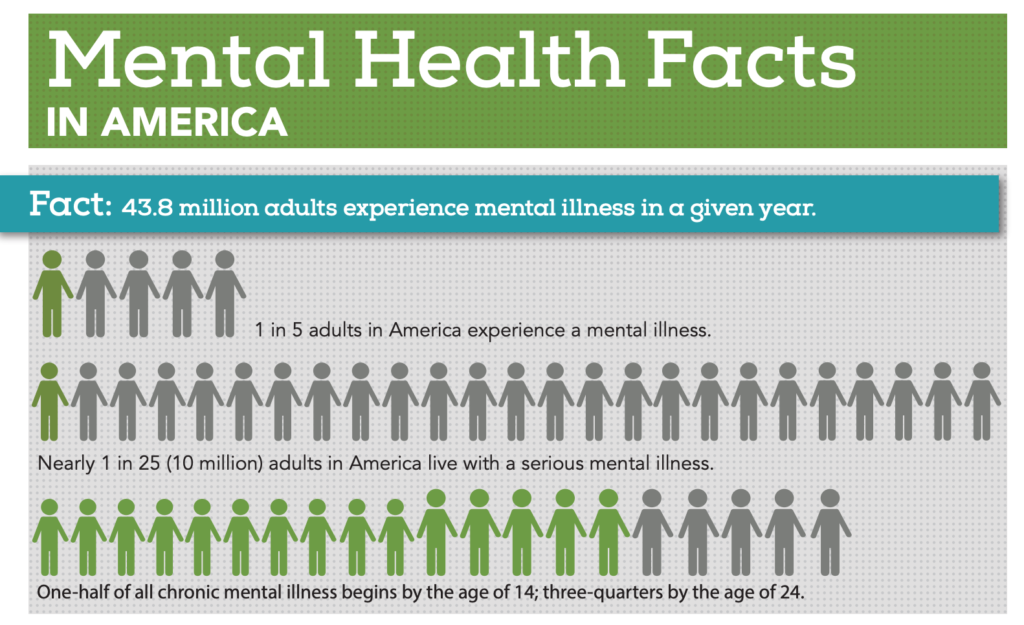Relationships June 28, 2019
I'll give you a hint: one of them doesn't just "go away."


The conversation about the difference between stress and anxiety is a common one. Are you anxious or do you just have a lot on your plate?
Knowing the difference between stress and anxiety (and anxiety disorders) is important because then you learn how to properly manage it. For those of you feeling overwhelmed lately, here’s how you can the difference between the two.


Each and every one of us has a natural stress response. For some, stress makes their heart pound, for others, it makes their breaths shorter. But no matter the response, stress, as defined by Mental Health First Aid, “is a response to an external cause, such as a tight deadline at work or having an argument with a friend.”
In fact, as Kelly McGonigal explains in her TED Talk, your pounding heart is your body’s way of preparing you for action, and your increased breathing is simply your body bringing more oxygen to your brain. Think of it like your body trying to protect you.
The important thing to note, however, is that stress subsides once the trigger has been resolved.
Unlike stress, anxiety’s origin is internal and is typically characterized by a “persistent feeling of apprehension or dread in situations that are not actually threatening,” according to Mental Health First Aid. Anxiety doesn’t just subside when everything is “okay.”
And in more severe cases, anxiety can escalate into an anxiety disorder, which is the most common mental health issue in the United States.
The National Alliance on Mental Illness reports 1 in 5 adults in the United States experience mental illness each year. Anxiety disorders are just one type, but can be classified in various ways:

The American Psychological Association (APA) explains that while anxiety is a normal human reaction to stressful situations, anxiety disorders can “severely impair a person’s ability to function at work, school and social situations.” It can even get in the way of relationships.
According to the DSM-5, which stands for Diagnostic and Statistical Manual of Mental Disorders, some signs of generalized anxiety disorder include, but aren’t limited to:
If you’re not sure whether or not you’re living with an anxiety disorder, Mayo Clinic suggests you see your doctor. From there, they can conduct a series of tests to help with your diagnosis, including:
If you’ve got a perpetually uneasy feeling even when there’s no trigger, it’s best to see a doctor for professional advice.


Overall, knowing the difference between stress and anxiety can really help point you towards the right solution and/or treatment.